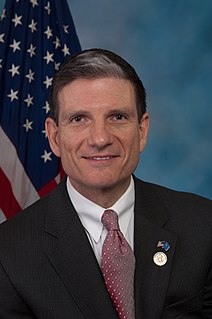A Quote by Robert Higgs
Many anti-energy groups display little appreciation of the extent to which modern economies depend pervasively on the use of fossil fuels and petrochemical products.
Related Quotes
A revolution in humanity's use of fossil fuel-based energy would be necessary sooner or later to sustain and to extend modern standards of living. It will be required sooner if we are to hold the risks of climate change to acceptable levels. The costs that we bear in making an early adjustment will bring forward, and reduce for future times, the costs of the inevitable eventual adjustment away from fossil fuels.
Improved energy productivity and renewable energy are both available in abundance—and new policies and technologies are rapidly making them more economically competitive with fossil fuels. In combination, these energy options represent the most robust alternative to the current energy system, capable of providing the diverse array of energy services that a modern economy requires. Given the urgency of the climate problem, that is indeed convenient.
The issue of climate change is one that we ignore at our own peril. There may still be disputes about exactly how much we're contributing to the warming of the earth's atmosphere and how much is naturally occurring, but what we can be scientifically certain of is that our continued use of fossil fuels is pushing us to a point of no return. And unless we free ourselves from a dependence on these fossil fuels and chart a new course on energy in this country, we are condemning future generations to global catastrophe.
Most progressive in the Democratic Party doesn't cut it, you know. If we still can't have a health care system that provides health care as a human right, if we still cannot, you know, ban fracking and fossil fuels and move like our lives depend on it - you know, we say in the next 15 years we need to phase out fossil fuels.
If we want energy security, then we have to reduce our appetite for fossil fuels. There's no other way. Other issues may crowd the headlines, but this is our fundamental challenge. Big challenges require bold action and leadership. To get the United States off fossil fuels in this uneasy national climate of terrorism and conflict in the Persian Gulf, we must treat the issue with the urgence and persistance it deserves. The measure of our success will be the condition on which we leave the world for the next generation.
Rome wasn't built in a day, and we won't replace fossil fuels with clean energy based on the events of a single week, either. But the important thing to remember is that, once they happen, clean energy victories are irreversible. No one will tear down wind farms because they are nostalgic for fracking in our watersheds. And nobody will pull down their solar panels because they miss having mercury in their tuna or asthma inhalers for their kids. Because once we leave fossil fuels behind, we are never going back.





































